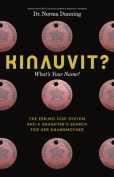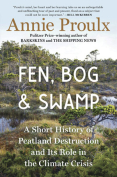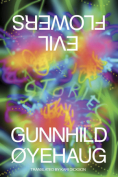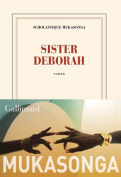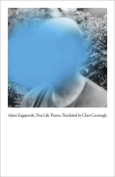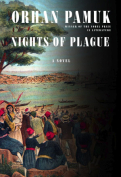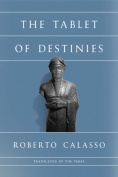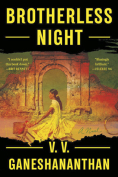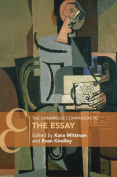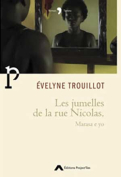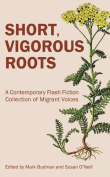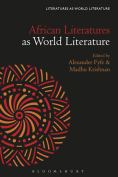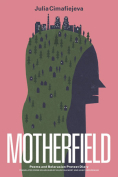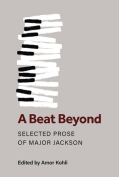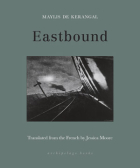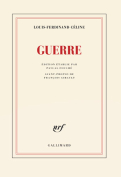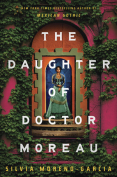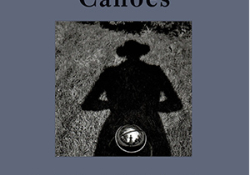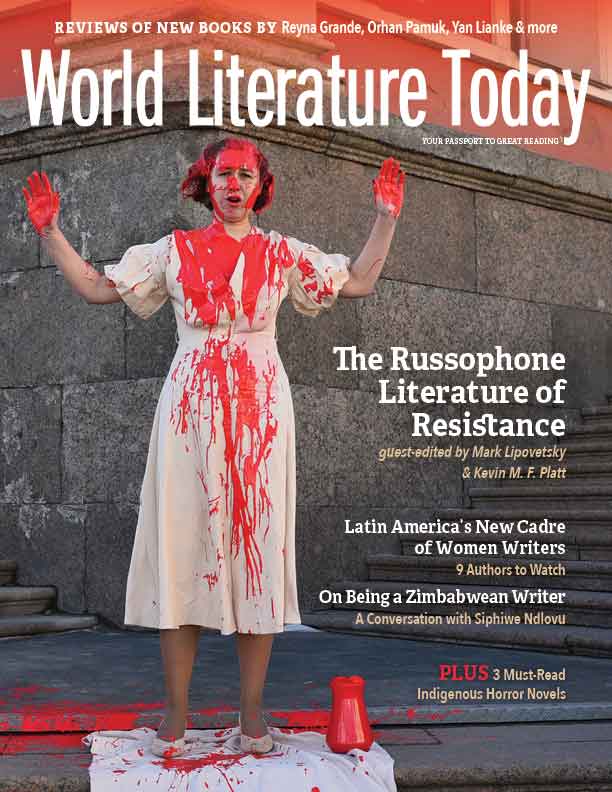Eastbound by Maylis de Kerangal
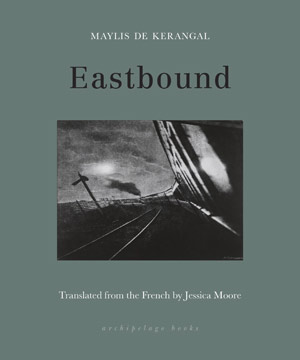 New York. Archipelago. 2023. 137 pages.
New York. Archipelago. 2023. 137 pages.
MAYLIS DE KERANAGAL’S Eastbound is an antiwar story in which no bullets are fired and not a single battle is fought. The French writer’s protagonists, strangers who do not share a language, are passengers on a train cutting across the Russian steppes. Both are on the run—but for very different reasons. Happenstance will make them righteous conspirators. De Kerangal’s potent novella was first published in Paris in 2012. The new English translation, by an insightful poet named Jessica Moore, would be worthwhile in any geopolitical climate. But in one shaped by Russia’s 2022 invasion of Ukraine, it’s tragically timely.
The book begins with Aliocha, part of a large group of Russian military draftees, boarding a Trans-Siberian railroad car. Almost immediately, the skinny twenty-year-old is roughed up by fellow conscripts. Worried that worse hazing awaits him, he resolves to abandon the armed forces—hopefully for good—at a busy station on the way to eastern Russia. Hélène, a Frenchwoman in her thirties, boards soon after, fleeing a fraught relationship with a Russian government official. Aliocha and Hélène end up standing near the same window. Though she’s not flashy like the women “who dazzle him, Lady Gaga for example,” the sneakily funny author writes, Aliocha thinks Hélène will understand his plight. He “takes his military papers out of his back pocket and pretends to tear them up.” Hélène offers to hide him in her compartment, forging a short-term partnership that will be tested by indignant Russian authorities.
The specifics of Aliocha’s pending military assignment are never explained, but this lack of specificity doesn’t hamper de Kerangal’s narrative. It’s enough for us to see him battered on the train by supposed compatriots and, later, so pale with foreboding that, Hélène wonders, “where has his blood gone?” Just beyond boyhood, “his torso only as thick as a playing card,” his fear is palpable. The Russian countryside, spotted several times through the train’s windows, plays an important supporting role. In these sections, de Kerangal sometimes uses multiple adjectives where one might be enough. But several of her landscape passages are nonetheless memorable. As he anxiously ponders the “woolly mauve wilderness,” in translator Moore’s inspired phrasing, it’s evident that Aliocha is a casualty of the militaristic posture that has such a warping effect on people and nations.
Kevin Canfield
New York
